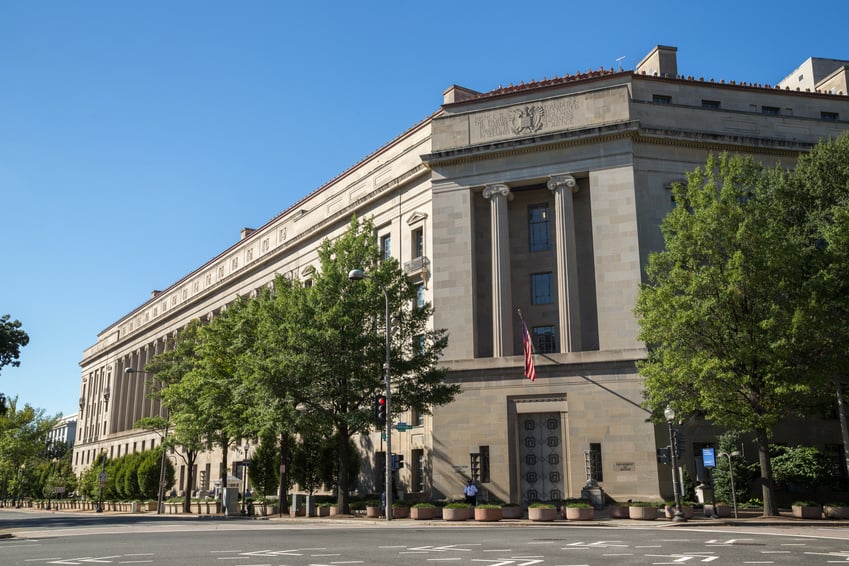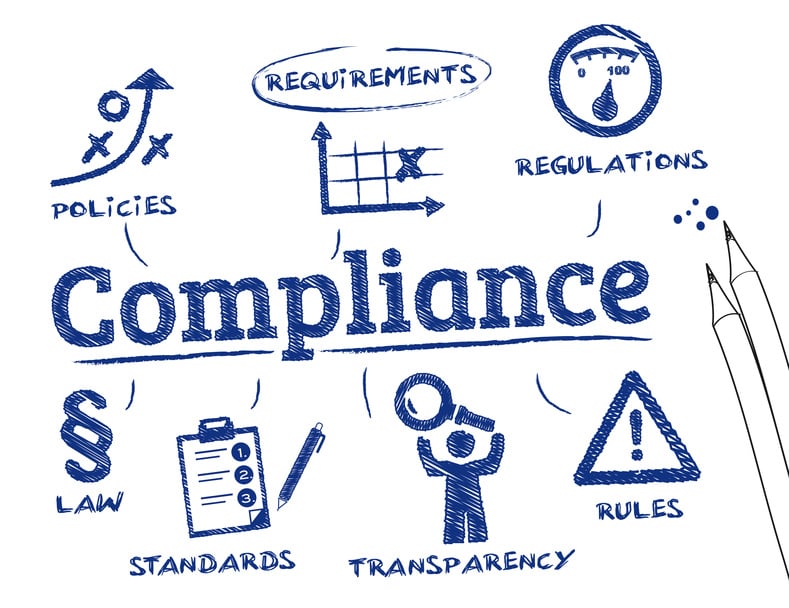Companies that discover instances of corruption within their organization face the complex and uncertain task of weighing up the potential benefits of making a voluntary selfdisclosure to prosecutors against the risk of otherwise being prosecuted.
Two recent significant appellate cases have sharply limited judges’ abilities to challenge or amend corporate settlement agreements.
Earlier this month, reports emerged of a massive leak of documents that appear to have been stolen from a non-U.S. law firm. This is only the latest instance of confidential attorney files leaking into the public arena. The U.S. Department of Justice has already announced that it is investigating potential violations of law.
The DOJ issued a Pilot Program1 that provides its latest answer to a critical question in FCPA practice: What benefits does a company receive for self-reporting potential FCPA violations?
When senior government prosecutors discuss their white collar enforcement priorities, the prosecution of individuals frequently tops their list. However, holding company employees criminally responsible for corporate misconduct is easier said than done.
At the annual “SEC Speaks” conference on February 19, 2016 in Washington, DC, the head of the SEC’s FCPA Unit, Kara Brockmeyer, warned pharmaceutical companies that their industry will be under renewed scrutiny in 2016.
Corporate compliance officers are used to facing pressure from within their companies to protect them from legal exposure, but increasingly, external pressure from regulators means that compliance officers themselves may face liability if something goes wrong.
Balancing corporate resolution of high-profile criminal and civil cases against companies for fraud and other misconduct with the prosecution of individuals has become a top policy priority for the U.S. Department of Justice (DOJ). On September 9, 2015, Deputy U.S. Attorney General Sally Yates issued a memo to all DOJ attorneys to provide guidance to prosecutors handling cases involving both companies and individuals. There are several significant developments directors should be aware of.
In recent years, U.S. prosecutors have continued apace in resolving substantial, high-profile criminal and civil cases against companies for fraud and other misconduct. Convicting individuals who perpetrated the wrongdoing, however, has proven more difficult.
Holding company employees criminally responsible for corporate misconduct is easier said than done. We analyze why the Justice Department, which routinely concludes multimillion-dollar criminal settlements with the world’s largest corporations, struggles to convict individuals associated with the alleged misconduct?







